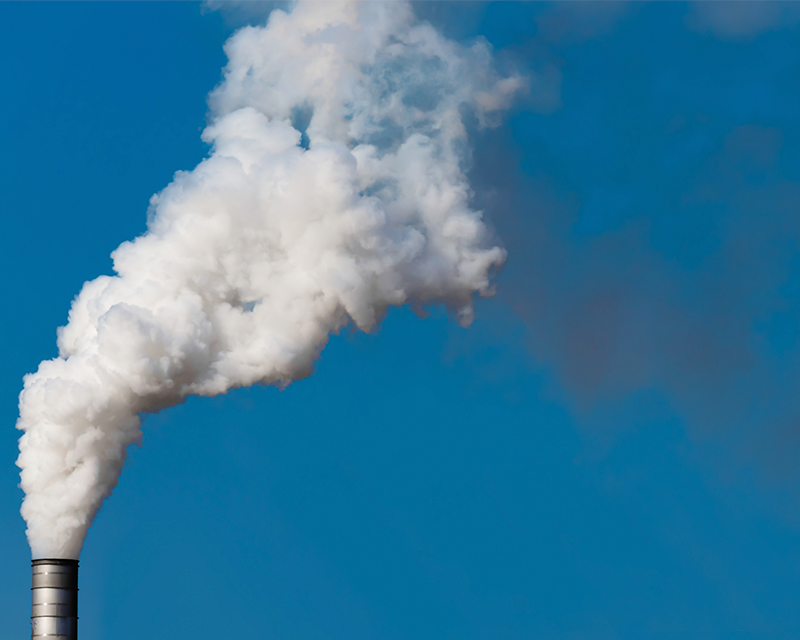For Korea, a nation with a history of poor air quality, the increasingly frequent appearance of blue skies over the last several months has been more than welcome. Outings have risen in popularity with families taking their children to enjoy the cleared cityscapes and mountains that were once concealed beneath the opaque clouds of pollution. While trends from the beginning of the pandemic pointed to steady improvements in air quality, recent statistics have indicated that these pleasant conditions are set to be cut short: Korea’s level of air quality will soon deteriorate to what it was pre-pandemic.
“I started to take a lot of walks outside ever since the air quality started improving,” said June Jeong (10), an avid nature lover. “It was really nice to look up to the clear sky because it wasn’t something I used to be able to see on most days. With the air now more polluted and clouded, I was both saddened and surprised. I don’t feel as enthusiastic to go outside as I used to be.”
Experts have attributed the recent influx of yellow dust to the increased factory activity in other countries, most notably, China. During the peak of the pandemic, China’s factories have been generally dormant as workers were sent home to contain and mitigate the spread of the virus. According to government data, the reduced CO2 emissions coupled with this inactivity have led to an estimated 27 percent drop in ultrafine dust levels for many of Korea’s regions. Now, with COVID-19 cases in a decline, China has re-opened its factories and is resuming economic activity. Korea, as well as other neighboring nations, have seen this change manifest in recent sharp spikes in air pollution. On Oct. 20, Korea reached its first case of severe air pollution in months–41 micrograms per cubic meter. This case is not expected to be an outlier, as according to Air Seoul, more days of poor air quality are in store for Seoul, as well as its surrounding metropolitan areas.
“I am not a sensitive person so I cannot really say that I have been impacted greatly by the recent spikes in air pollution or severe air pollution in general,” said Sally Lee (10), a health enthusiast. “However, I worry that if this trend continues, it will go on to harm the weaker members of our society, specifically those who are old or already suffer from various chronic health problems.”
Unfortunately, experts do not anticipate another reversal anytime soon. Reduced economic activity has been the main contender for this improvement, but now that governments around the world are out and running to restore the economic growth that was impeded by the pandemic, it is more than likely that the air quality in Korea will continue to regress. With these new changes to come, it can only be hoped that both the government and the people will value this current reduction in air quality and take a stand to preserve it.
“One way that air pollution in Korea could be improved is if China changes its energy source,” said Allyson Lee, AP Environmental Science teacher. “At this point, they tend to use fossil fuels and biomass for most of their electricity. However, I heard that this year, China is working to improve their environmental impact and are working to switch to renewable energy sources.”

